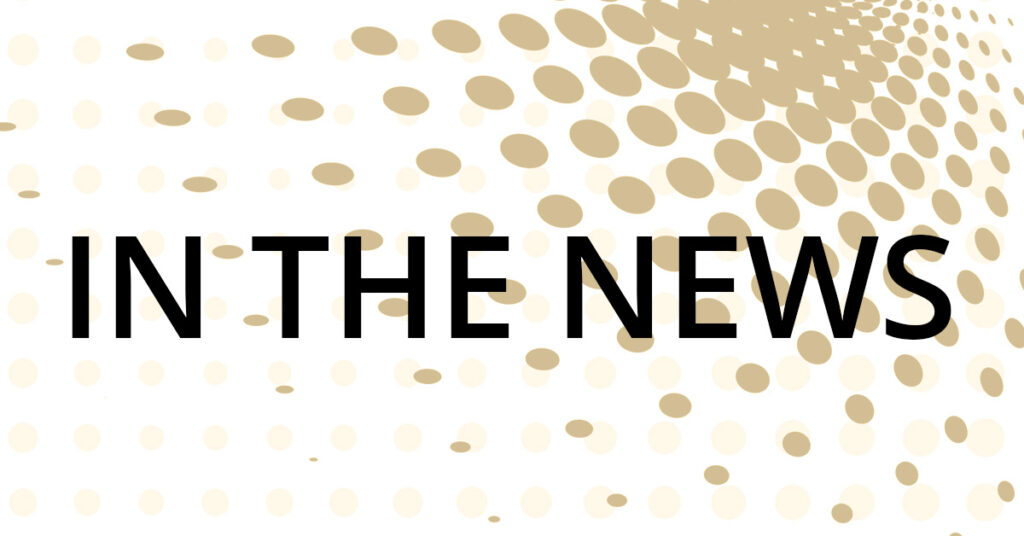Hot Flashes & Heart Health: The Sleep Connection
This brand-new study, hot off the presses, shows that most of your hot flashes are cozying up to your REM sleep — and not in a good way! Researchers discovered that 59% of nocturnal hot flashes happen during the second half of the night, right when we’re supposed to be enjoying the deepest stage of sleep (aka REM sleep). That’s the part of the night where your body is doing all the repair and restoration work — and disruption here could mean bigger health issues down the road.
In case you didn’t know, perimenopause (aka “the hormone rollercoaster”) is when your body starts prepping for its grand transition. Hormone levels drop, and hot flashes, irregular periods, and other menopause symptoms start to say “hello.” But guess what else goes up during perimenopause? Your risk of heart disease!
So, What’s the Big Deal with Nighttime Hot Flashes?
Let’s get real. Perimenopausal women are already playing hormone hopscotch. But estrogen — the queen of keeping things smooth — helps keep blood vessels relaxed, regulates cholesterol, and prevents plaque buildup in arteries. When estrogen levels drop, our cardiovascular health can take a hit. Add to that, hot flashes that mess with REM sleep, and now we’re talking about potential double trouble for the heart.
In this study, 60 perimenopausal women, ages 43-54, signed up to be monitored (brave souls!). They weren’t on any hormone therapy or meds that could influence their hot flashes. Using fancy tech (sternal skin conductance), the researchers found that nearly 60% of these women’s hot flashes were happening in the second half of the night — right when REM sleep usually dominates. REM sleep is key to brain function, mood, and heart health. So, when hot flashes break up REM’s slumber party, it could increase cardiovascular risk.
The Bottom Line
This research, presented at The Menopause Society’s Annual Meeting, suggests that your heart and sleep may be more connected than you think. Nocturnal hot flashes, especially those happening during REM sleep, could be more than just a sweaty nuisance — they might increase your risk of heart disease.
But don’t panic! This is early data, and more research is needed to understand the full story. In the meantime, there are things you can do to help keep your heart healthy while managing your menopause symptoms. Talk to your doc about your risk factors, and keep track of your hot flashes and sleep patterns.
Stay fearless, fabulous, and informed!
Suffering in silence is OUT! Reaching out is IN!
Sign up for Fearless VaginaTM A Crash Course in Mastering Menopause
Check out my fabulous Fearless VaginaTM Store
If you want to educate your employees, colleagues, or friends about menopause, look no further! Book Ellen for your next event.
Sign up for Menopause Mondays® Blogs
Be sure to follow me on Instagram, Facebook, and LinkedIn.
*EllenDolgen.com does not recommend, endorse, or make any representation about any tests, studies, practices, procedures, treatments, services, opinions, healthcare providers, physicians, or medical institutions that may be mentioned or referenced. The information, including opinions and recommendations, contained on this website is intended for informational and educational purposes only. Such information is not intended to be a substitute for the advice of an appropriately qualified and licensed physician or other healthcare provider.





